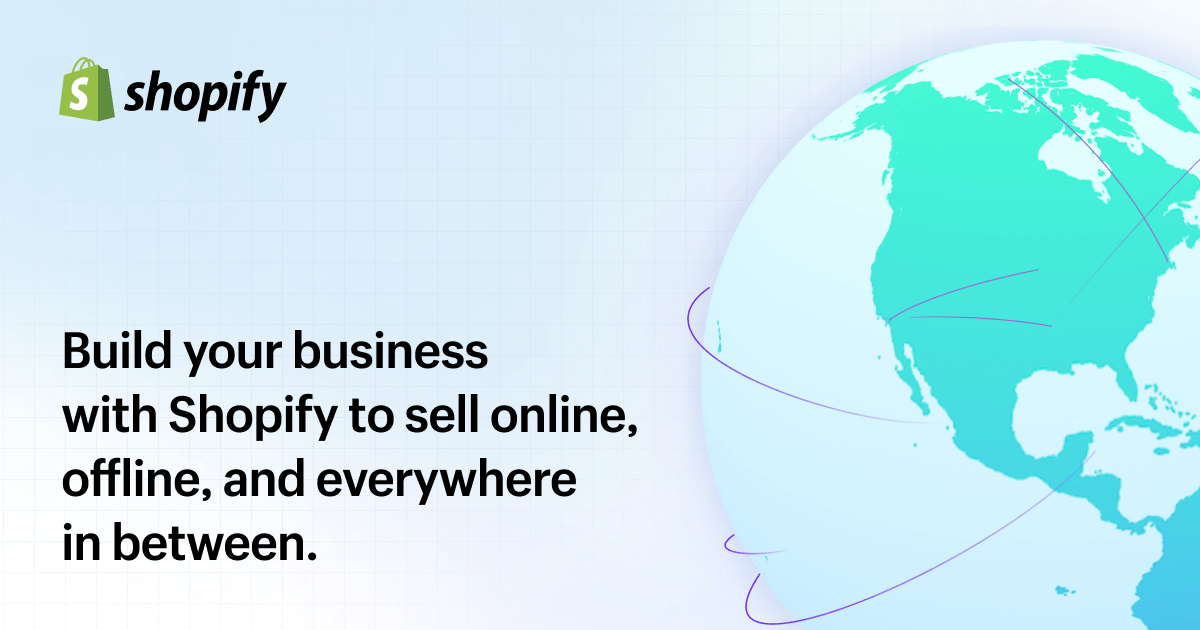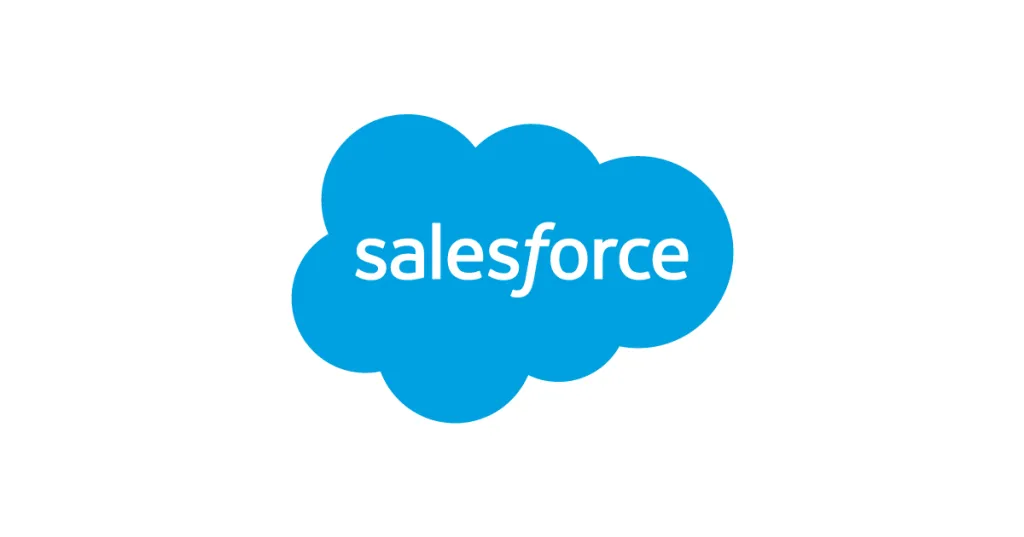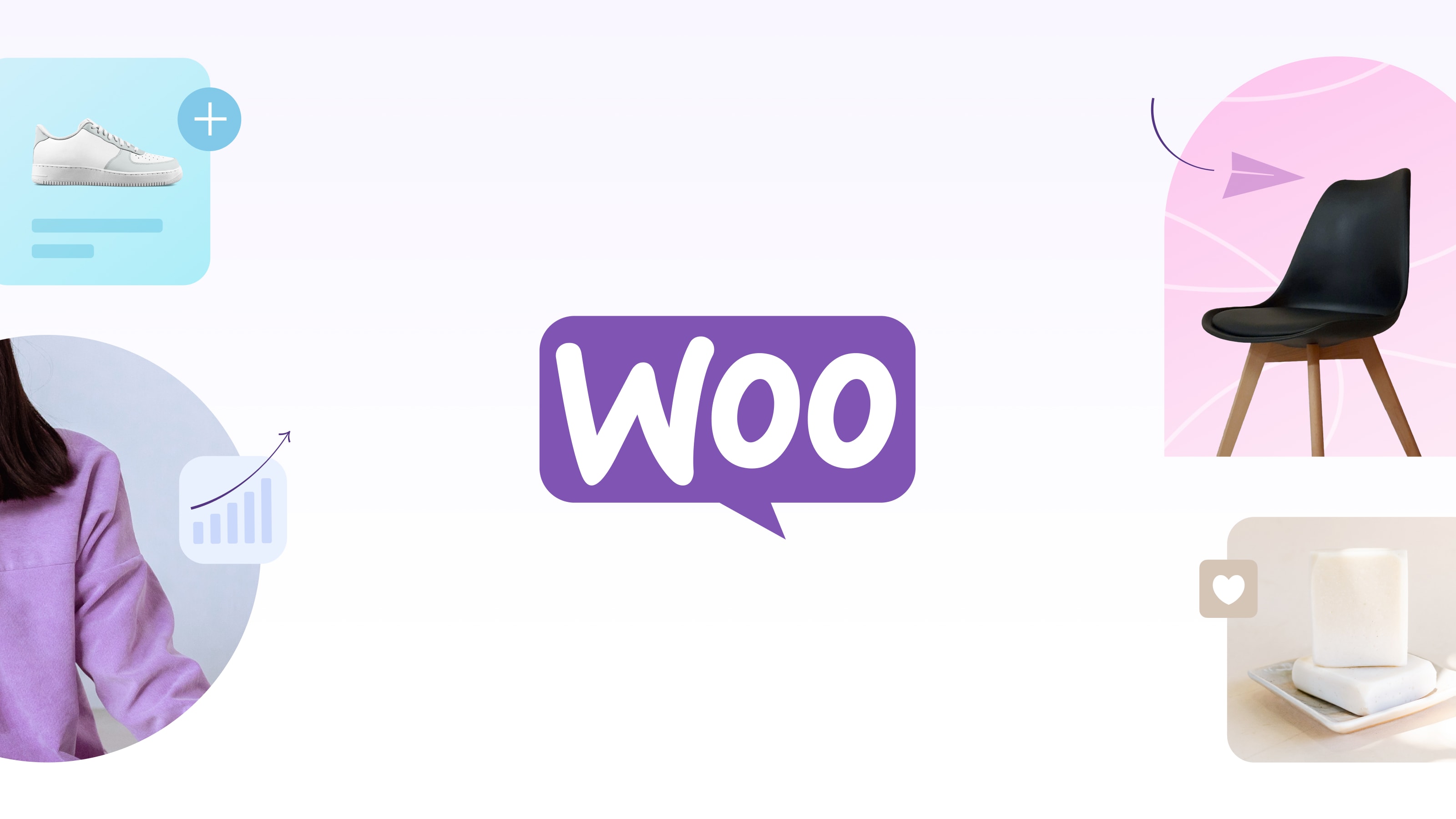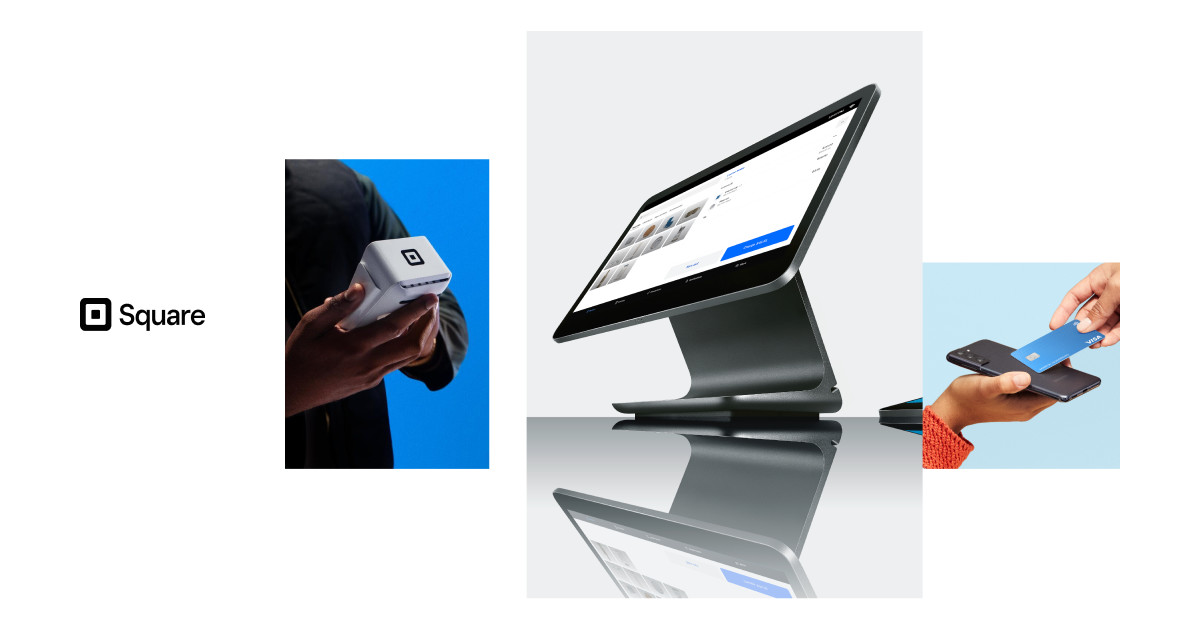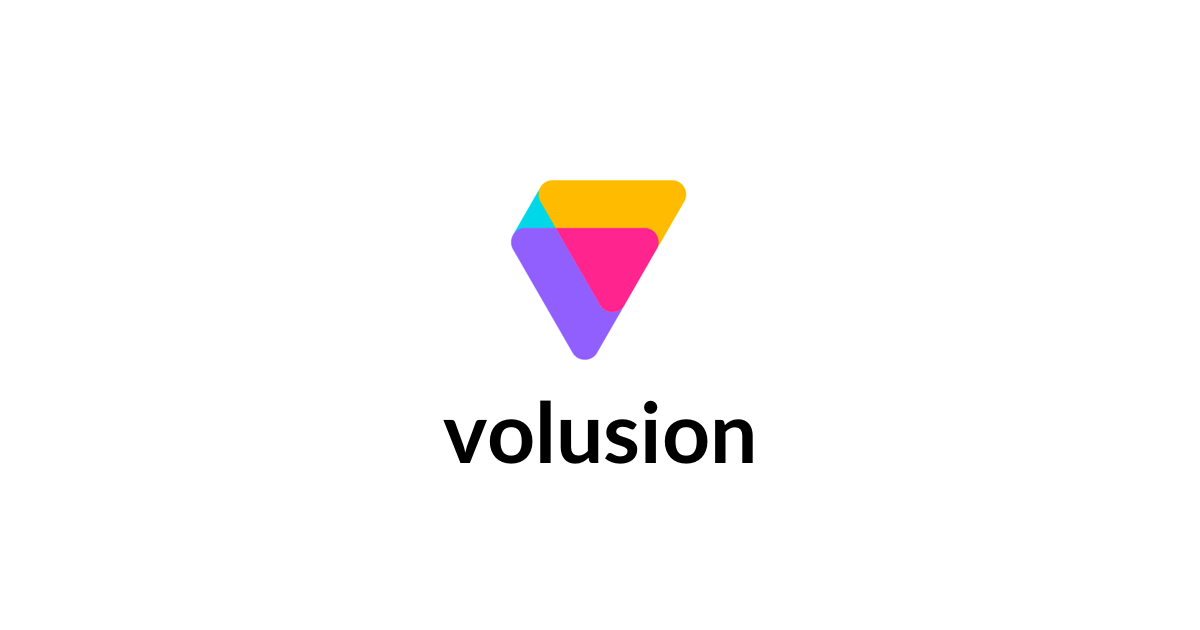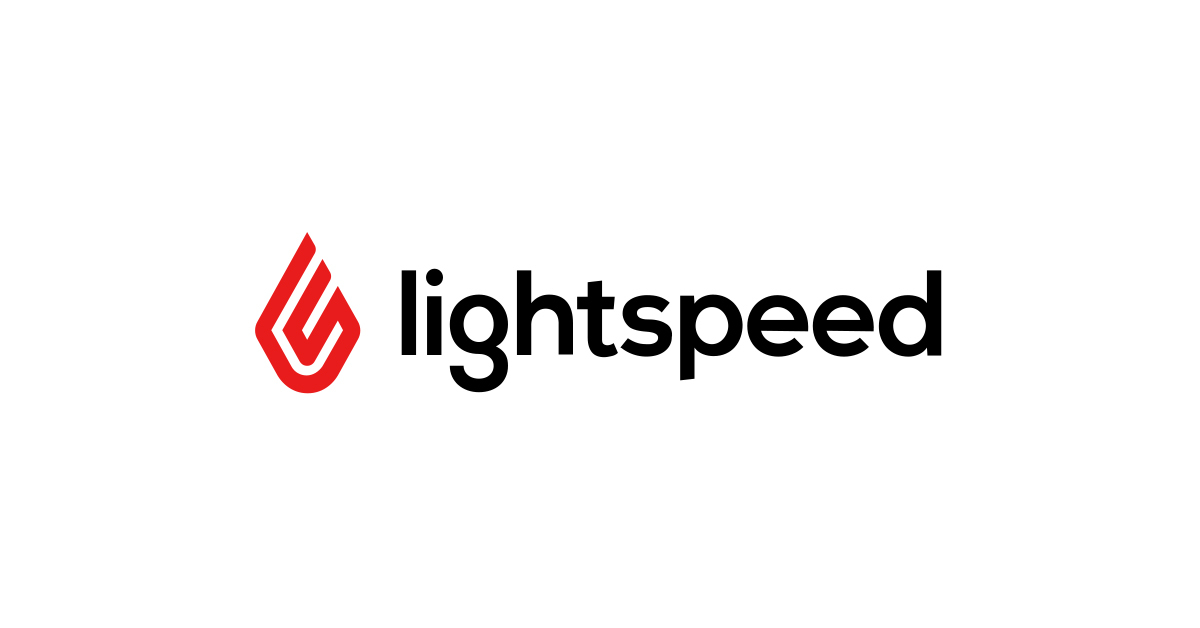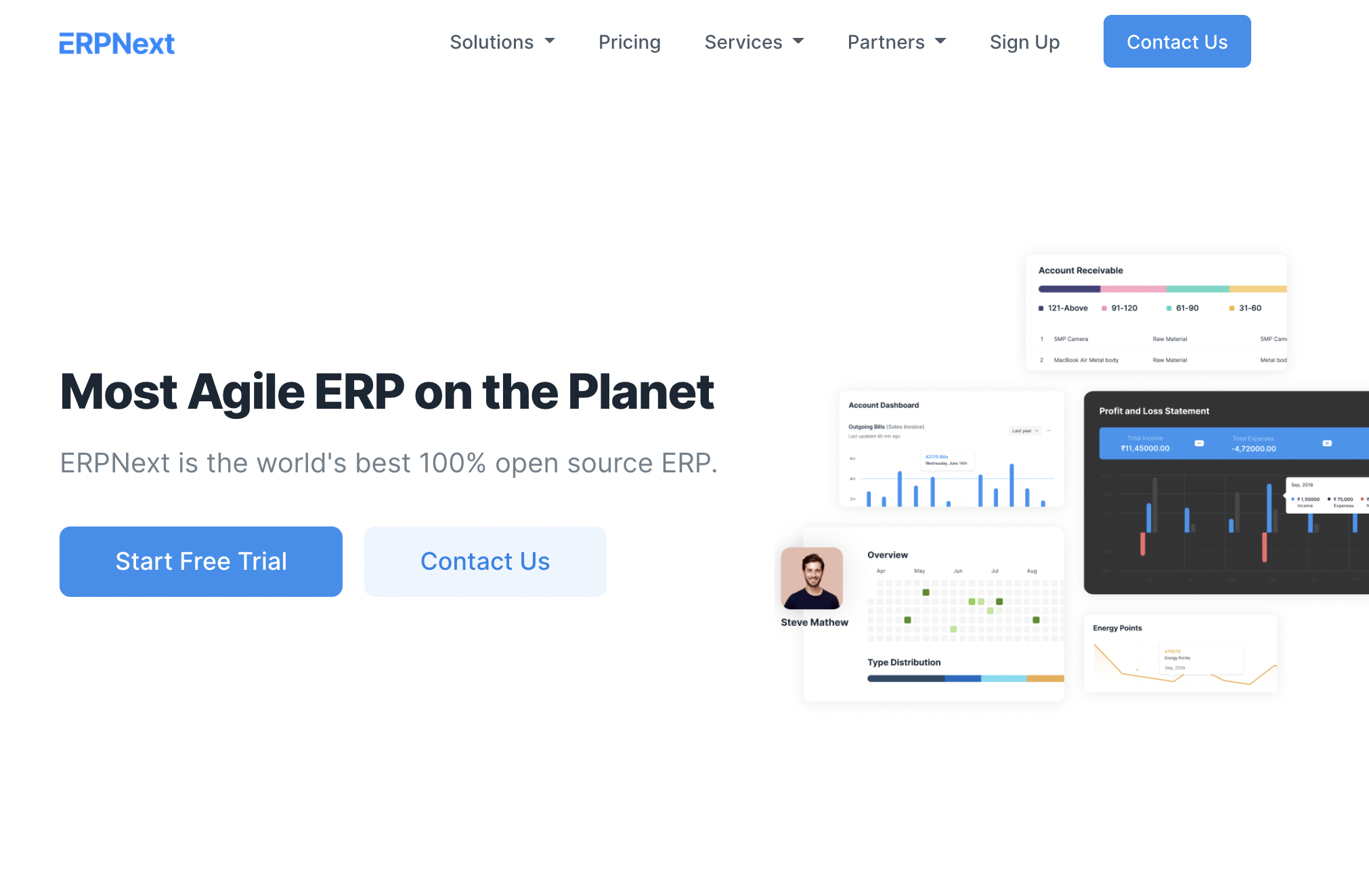Introduction
As retailers continue adopting omnichannel strategies to meet consumer demand for convenient shopping experiences, having robust order management capabilities has become essential for successful multi-channel operations. This blog evaluates the leading order management software on the market today to help retailers Choose the right solution for their unique needs and business goals.
Methods of Evaluation
We evaluated each vendor based on features, pricing, ease of use, support, and integration capabilities. Additional factors like number of customers, industry presence, and third party reviews were also considered. Keyword trends and search volume data was analyzed to ensure the solutions featured are relevant for the coming year. Backlink profiles, domain authority, traffic and engaged user numbers were leveraged as ranking metrics to prioritize the most popular and successful vendors.
1. Shopify
Shopify is one of the leading e-commerce platforms for online stores and retail point-of-sale systems. Founded in 2006, Shopify currently has over 1 million merchants using its platform in over 175 countries. Shopify provides a complete commerce solution with tools to build an online store, manage orders and inventory, access marketing and sales reports, and integrate with additional apps and services.
Pros: Some key advantages of Shopify include: – Easy to use interface suitable for small businesses to get started quickly. – Integrated shipping and label printing features save time over separate solutions. – Built-in reporting and analytics allow merchants to track sales, inventory, customers and more. – Large app ecosystem provides thousands of apps to extend functionality as needed. – Mobile apps for iOS and Android devices allow merchants to manage their store on the go.
Cons: A potential disadvantage is that Shopify’s more basic plans have e-commerce functionality limitations compared to pricier plans. So merchants with very high sales volume may outgrow Shopify’s capabilities and need to migrate to another platform.
Pricing: Shopify offers several pricing plans including: – Basic Shopify plan for $29/month – Shopify plan for $79/month – Advanced Shopify plan for $299/month – Shopify Plus custom plan for enterprise merchants.
Some key stats about Shopify include: – Over 1 million merchants globally use Shopify to power their online and physical stores. – Processed over $175 billion in sales on its platform in 2021. – Ranks as one of the most popular e-commerce platforms in many countries including the US, UK, Canada, and Australia. – Offers plans starting at $29/month up to more advanced plans with higher fees.
2. Salesforce Commerce Cloud
Salesforce Commerce Cloud, formerly known as Demandware, is a cloud-based e-commerce platform that allows businesses to provide personalized shopping experiences across any channel. With its order management capabilities, merchants can provide seamless ordering, fulfillment, and customer service.
Pros: Some key advantages of Salesforce Commerce Cloud include:
– Advanced B2B and B2C commerce capabilities like multi-channel stores, enterprise-level catalog management, subscription functionality, and headless commerce APIs.
– Robust API and integration options that allow customizing and extending the platform for any business need.
– Powerful personalization and predictive tools that analyze customer behavior and transactions to deliver hyper-personalized experiences.
Cons: A potential disadvantage is the platform’s complexity, which can make the implementation and optimization process long and expensive for some businesses.
Pricing: Salesforce Commerce Cloud pricing starts at $150 per user per month for the basic Starter Edition and scales up based on user volumes and additional functionality required. Custom pricing options are available for enterprise-level deployments.
Some key stats about Salesforce Commerce Cloud include:
– Used by over 1000 global brands such as Toyota, Ben & Jerry’s, and Coach.
– Processes over $100 billion in online sales annually.
– Integrates with platforms like Salesforce CRM, Marketing Cloud, and Service Cloud.
3. WooCommerce
WooCommerce is an open-source ecommerce platform built on WordPress. It allows businesses of all sizes to build an online store for selling physical and digital products. With over 5 million active installations, WooCommerce powers 30% of online stores. Some key features include inventory management, tax calculations, shipping, product reviews and more.
Pros: Some key advantages of WooCommerce include:
– Free and open source – It doesn’t cost anything to download and install WooCommerce.
– Highly customizable – Merchants can fully customize the design, features and functionality using themes, plugins and code.
– Large community and support – Being open source, WooCommerce has a huge community and online help resources to help solve any issue.
Cons: One potential disadvantage of WooCommerce is that as it is built on top of WordPress, the overall system requirements are higher compared to standalone e-commerce platforms. Merchants may need experienced developers to optimize performance for stores with very high volume or complex needs.
Pricing: WooCommerce itself is and always will be free, however there are also premium plans available from WooCommerce extending the platform’s functionality. These include WooCommerce Subscriptions and WooCommerce Plus starting at $199 per year.
Some key stats about WooCommerce include:
– Over 5 million active installs powering thousands of online stores globally.
– Supports 150+ payment gateways, shipping providers and affiliate programs.
– Customizable design and functionality with thousands of free and premium extensions available.
– Integrates natively with WordPress and allows building an entire online store within WordPress.
4. SAP Commerce Cloud
SAP Commerce Cloud is an enterprise ecommerce platform that allows companies to optimize their ecommerce experiences across all digital channels. With advanced personalization, analytics and B2B capabilities, SAP Commerce Cloud aims to help companies grow revenue and increase customer lifetime value.
Pros: Key advantages of SAP Commerce Cloud include its leadership as a full-featured enterprise ecommerce platform, advanced personalization capabilities to tailor experiences for each customer, and robust analytics and reporting for comprehensive insights into marketing campaigns, sales trends and more.
Cons: A potential disadvantage is the high cost of implementation and maintenance of an enterprise ecommerce platform like SAP Commerce Cloud which may not be suitable for smaller businesses or brands with lower ecommerce volumes.
Pricing: SAP Commerce Cloud pricing is customized based on factors like number of stores, customers, products and other configuration needs. SAP also offers flexible purchase and subscription options including one-time licenses and monthly or annual subscriptions.
Some key stats about SAP Commerce Cloud include: used by over 3000 brands globally, powers over $90 billion in annual commerce transactions, supports 34 languages and 120+ currencies out of the box.
5. Square for Retail
Square for Retail is a complete order management and POS system developed by Square to help retailers and restaurants manage orders, inventory, staff and payments. Originally known for its popular POS hardware, Square has expanded into robust software solutions to power merchants’ entire operations.
Pros: Some key advantages of Square for Retail include:
– Excellent POS integration for seamless order management
– Robust inventory management across multiple locations
– Advanced reporting and insights into business performance
– Omnichannel functionality to manage online, phone and in-store orders
Cons: A potential disadvantage is that the pricing can be slightly more expensive compared to some other POS/order management solutions.
Pricing: Square for Retail pricing starts at $175 per location per month for Pro plan which includes full POS functionality, basic inventory and reporting. Advanced plans with additional features start at $275 per location per month.
Some key stats about Square for Retail include:
– Used by over 1 million merchants worldwide
– Integrates with all major POS hardware including Square Register, Shopify, Clover, etc.
– Handles omnichannel orders from online, phone, in-store
– Real-time inventory management across locations
– Advanced reporting on sales, customers, employees
6. BigCommerce
BigCommerce is one of the leading online store builders for established and growing ecommerce brands. Founded in 2009 and based in Austin, Texas, BigCommerce powers over 60,000 online stores in over 100 countries. They aim to simplify the complexity of enterprise-level ecommerce while still offering powerful features and flexibility.
Pros: Key advantages of using BigCommerce include:
– Feature-rich yet easy to use platform for both beginners and advanced users
– Out-of-the-box support for major sales channels like Amazon, eBay, Facebook etc.
– Robust app marketplace to extend store functionality with new apps
– Flexible APIs and developer tools to customize the store as needed
Cons: The main disadvantage of BigCommerce is that it typically offers fewer self-service customization options compared to other platforms like Shopify. Businesses with very complex requirements may need developer assistance for custom features.
Pricing: BigCommerce offers various pricing plans starting from $29.95 per month for their Standard plan up to $299 per month for their Premium Enterprise plan. Pricing includes support, security features and other capabilities based on the plan. Additional fees apply for premium themes, apps and services.
Some key stats about BigCommerce include:
– Over 60,000 online stores use BigCommerce globally
– Support for over 25 languages and currencies
– Over 3,000 premium themes and templates for store customization
– Robust app marketplace with over 1,000 integrated apps
7. Magento Commerce
Magento, now Adobe Commerce, is a flexible and scalable eCommerce platform developed by Adobe. It offers merchants a powerful platform to build complex stores, manage multiple brands and provide personalized shopping experiences. Magento powers over 250,000 online stores worldwide.
Pros: Some key advantages of Magento include:
– Feature-rich platform to build complex stores with multiple brands, products, catalogs etc.
– Highly customizable interfaces and storefronts through themes and templates.
– Large developer ecosystem and community support for extensions and customizations.
– Open-source and flexibly scalable for growing storefronts.
Cons: One potential disadvantage of Magento is that the learning curve can be steep given its feature-rich nature. Merchants or developers new to Magento may find it challenging to understand and configure all its functionalities initially.
Pricing: Magento offers a variety of pricing plans including self-hosted and SaaS options. The Commercial Open-Source license is free while managed cloud plans on Magento Commerce Cloud start at $150 per month.
Some key stats about Magento include:
– Over 250,000 stores run on Magento globally
– Supports multiple languages and currencies out of the box
– Large ecosystem of over 50,000 extensions to extend core functionality
– Highly customizable through the use of themes, templates and extensions
8. Ecwid
Ecwid is an all-in-one ecommerce platform that allows you to create an online store for selling your products. With Ecwid, you can set up an online storefront in just a few clicks without any coding required. They offer both free and paid plans.
Pros: Some key advantages of using Ecwid include:
– Easy to use drag-and-drop interface for building your store
– Integrations with platforms like Google, Facebook, and eBay for traffic and sales
– Mobile optimized storefront for seamless shopping on any device
– Robust catalog management and product listing tools
Cons: One potential disadvantage is that the free basic plan has limited features compared to paid plans. For more advanced customization and functionality, an upgraded paid plan would be required.
Pricing: Ecwid offers both free and paid plans. The Basic plan is forever free with limited features. Paid Professional plans start at $15/month and unlocked more advanced features and functionality.
Some key stats about Ecwid include:
– Used by over 1 million merchants worldwide
– Integrations with over 180 platforms including Shopify, WooCommerce, WordPress, and more
– Mobile optimized storefront for seamless shopping on any device
9. Volusion
Volusion is an all-in-one ecommerce platform that allows businesses of all sizes to build, manage and grow their online stores. Founded in 1999, Volusion provides merchants with the tools they need to establish an online presence and sell their products over the internet.
Pros: Some of the key advantages of Volusion include:
– All-in-one solution that provides everything needed to run an online store in one place
– Intuitive drag-and-drop builder for creating good-looking stores without coding
– Integrated sales and marketing tools help merchants acquire and retain customers
– Robust API and customizable options provide flexibility for advanced integrations
Cons: One potential disadvantage of Volusion is that the customization options may be limited compared to other platforms like Shopify which provide more flexibility for developers.
Pricing: Volusion offers 3 pricing tiers – Basic $15/month, Pro $35/month and Elite starting at $79/month. All plans include a 14-day free trial. Pricing increases with more features like additional product storage, tax automation and abandon cart recovery.
Some key stats about Volusion include:
– Powers over 45,000 online stores globally
– Provides over 500 professional-looking store themes
– Integrates marketing tools like email marketing, loyalty programs, and abandoned cart recovery
– Has a large app marketplace with over 150 additional apps and integrations
10. Vend POS
Vend POS, now known as Lightspeed Retail, is a leading order management and POS software used by retailers worldwide. Originally launched in 2008, Vend aimed to provide retailers with a complete omni-channel selling platform to manage both in-store and online orders. In 2022, Vend was acquired by Canadian merchant and payment processing company Lightspeed, further expanding its capabilities.
Pros: Some key advantages of Vend POS/Lightspeed Retail include:
– Seamless POS integration for omni-channel order fulfillment
– Robust inventory management tools to track stock across channels
– Configurable workflows and order notifications to streamline processes
Cons: A potential disadvantage is the higher price point compared to some competitors. Additional modules and subscriptions can increase overall costs for large or complex deployments.
Pricing: Vend POS pricing starts at $99/month for a basic retail plan, scaling up to enterprise plans with additional features. Custom pricing is available for multi-location deployments. Add-on modules are sold separately on a monthly or annual subscription basis.
Some key stats about Vend POS/Lightspeed Retail include:
– Used by over 50,000 locations globally
– Supports 20+ countries and currencies
– Integrations with over 300 apps including Shopify, WooCommerce and BigCommerce
11. Elastic Path
Elastic Path is an order management software that helps businesses drive consistent experiences across all shopping channels. The platform features a flexible cloud-native architecture that allows businesses to easily integrate new capabilities and channels.
Pros: Some key advantages of Elastic Path include:
– Great for omnichannel order handling with customizable workflows and rules
– Highly customizable platform that can be adapted to unique business needs
– Advanced inventory management capabilities that sync inventory across all sales channels in real-time
Cons: A potential disadvantage is that the platform requires customization and implementation which involves costs and time to set up compared to out-of-the-box ecommerce solutions.
Pricing: Elastic Path offers a variety of pricing plans depending on business needs. Basic plans start at $5,000/month and go up based on transaction volumes, number of channels integrated, and additional capabilities required.
Some key stats about Elastic Path include:
– Used by over 500 brands worldwide including Bose, Pentair, and VF Corporation
– Supported more than 3 billion transactions on its platform
– Provides advanced inventory management capabilities across 50+ channels
12. ERPNext
ERPNext is a free and open source ERP software built on open technologies like Python and MariaDB. With over 13+ years of active development, it supports manufacturing, distribution, retail, trading, services, education, non profits and healthcare industries.
Pros: Key advantages of ERPNext include – Integrated orders, inventory and accounting. ERPNext allows management of orders, delivery tracking, production, inventory and accounting on a single platform. Advanced multi-location controls. Businesses with multiple locations can manage inventory, accounting etc. centrally with detailed location-wise reporting. Customizable workflows and rules. Users can customize forms, reports, permissions and even add new modules using the in-built customization tools.
Cons: As an open source software, the community support for niche industry specific features or enhancements may not be as strong when compared to paid proprietary ERPs catering to those industries. However, the core features are robust enough to handle most business needs.
Pricing: ERPNext has a freemium model. The open source version can be self-hosted for free. It also offers SaaS hosting plans starting from $25/user/month with priority support and updates.
Some key stats about ERPNext include – It is used by over 25,000 companies globally. It is highly customizable and flexible to adapt to various business needs. It offers advanced localization and translations in over 35+ languages. ERPNext also has a thriving community of developers and partners for support.
13. 3DCart
3DCart is an all-in-one ecommerce platform that allows merchants to build an online store, manage orders, process payments and ship orders. With over 20 years of experience in the ecommerce industry, 3DCart provides merchants with the tools and features needed to establish and grow their business online.
Pros: Some key advantages of using 3DCart include:
– It is an all-in-one platform that allows merchants to do everything from building their online store to processing payments.
– Merchants have access to numerous store themes and extensions to fully customize the look and features of their store.
– 3DCart is suitable for mid-sized stores and comes equipped with good range of features to manage inventory, orders and customers.
Cons: A potential disadvantage of 3DCart is that the platform may have more features than what smaller merchants need which can result in a somewhat complex interface for simple stores.
Pricing: 3DCart offers several paid plans for merchants starting from $79 per month. The platform also offers a free 30-day trial to help merchants evaluate if it meets their business needs before committing to a paid subscription.
Some key stats about 3DCart include:
– Over 30,000 merchants currently use 3DCart for their online stores.
– The platform comes with 180+ built-in reports and analytics tools.
– There are over 400 professionally designed store themes and 500+ extensions available.
14. Flow
Flow is an order management platform that helps businesses efficiently manage wholesale and retail orders. Founded in 2017, Flow has grown to support over 5,000 customers across 120 countries. Their mission is to create the most intuitive and powerful order management solution on the market.
Pros: Some key advantages of Flow include:
– Supports complex wholesaling and contracts
– Robust inventory allocation across multiple sales channels
– Advanced fulfillment automation with tools for bulk ordering and replenishment
Cons: One potential disadvantage is that some of Flow’s more advanced features like custom fields and workflows require paying for a premium plan.
Pricing: Flow offers three pricing tiers:
– Basic: $49/month for up to 3 users
-Professional: $99/month for up to 10 users
-Enterprise: Custom pricing for advanced features and unlimited users
Some key stats about Flow include:
– Supports over 5,000 customers globally
-Processes over $5 billion in wholesale orders annually
– Integrates with over 50 ecommerce platforms and marketplaces like Shopify, BigCommerce, Amazon, and eBay
15. Brightpearl
Brightpearl is a Retail Operating System (ROS) for retailers and wholesalers that’s built for hyper scalability. Founded in 2008, Brightpearl automates back office operations like inventory management, order processing, fulfillment and accounting so merchants can focus on sales and growth.
Pros: Some key advantages of Brightpearl include:
– Powerful inventory and pricing tools to manage stock levels and optimize pricing
– Flexible order management and fulfillment features to process orders across multiple channels
– Advanced analytics and reporting to gain insights into business performance
Cons: One potential disadvantage is the subscription pricing model which requires ongoing costs compared to one-time licensed software.
Pricing: Brightpearl offers several pricing tiers starting at $99/month for smaller stores up to an Enterprise plan with custom pricing for stores doing over $10M in annual sales.
Some key stats about Brightpearl include:
– Used by over 3,000 merchants worldwide
– Supports stores with up to $1B in annual sales
– Processes over $4B in orders annually
– Supported integrations with 100+ apps like Shopify, Magento and more
Conclusion
While all the vendors featured are well-established with robust order management capabilities, the top solutions stood out for their flexibility, scalability, and customization options. Whether you’re a small retailer just starting out or a large enterprise, this guide showcases the best software to power seamless order fulfillment across channels in 2023. Conduct your free trials and consult partner representatives to determine the optimal solution for powering your multichannel growth well into the future.




